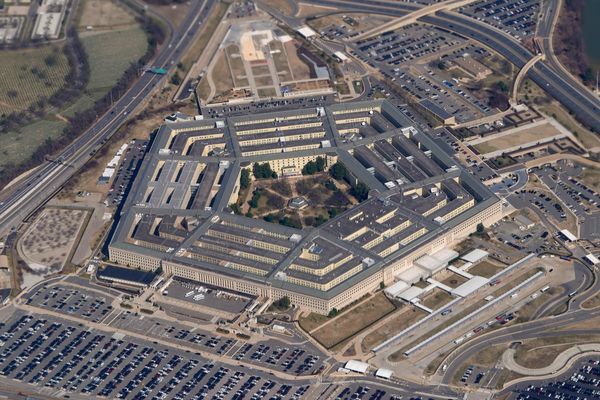
The fight over the words of a child killer has created strange bedfellows in the state of Tennessee, which was plunged into turmoil when an armed 28-year-old stormed a Christian school in March and shot dead six victims.
Conservatives, police and gun groups are all lobbying for the release of writings by the shooter, named by authorities as Audrey Hale, a former student at The Covenant School. The media, so often at odds with law enforcement and right-wing stalwarts, on this point agrees with them — or some of them, anyway.
The Metro Nashville Police Department, for its part, has repeatedly denied requests to release the records. The school and Covenant Presbyterian Church, along with parents and other Covenant families, are also fighting to keep the shooter’s musings and manifestos from the public.
It’s a battle that one father who lost his child in a mass shooting 11 years ago can’t believe is still happening.
Tom Teves, of Arizona, co-founded an advocacy group more than a decade ago after his son, Alex, died protecting his girlfriend when a gunman opened fire at a Colorado movie theatre in 2012. Mr Teves and his wife, Caren, founded No Notoriety with the aim of reducing coverage of shooters’ names, profiles and motivations — to avoid potential copycat atrocities.
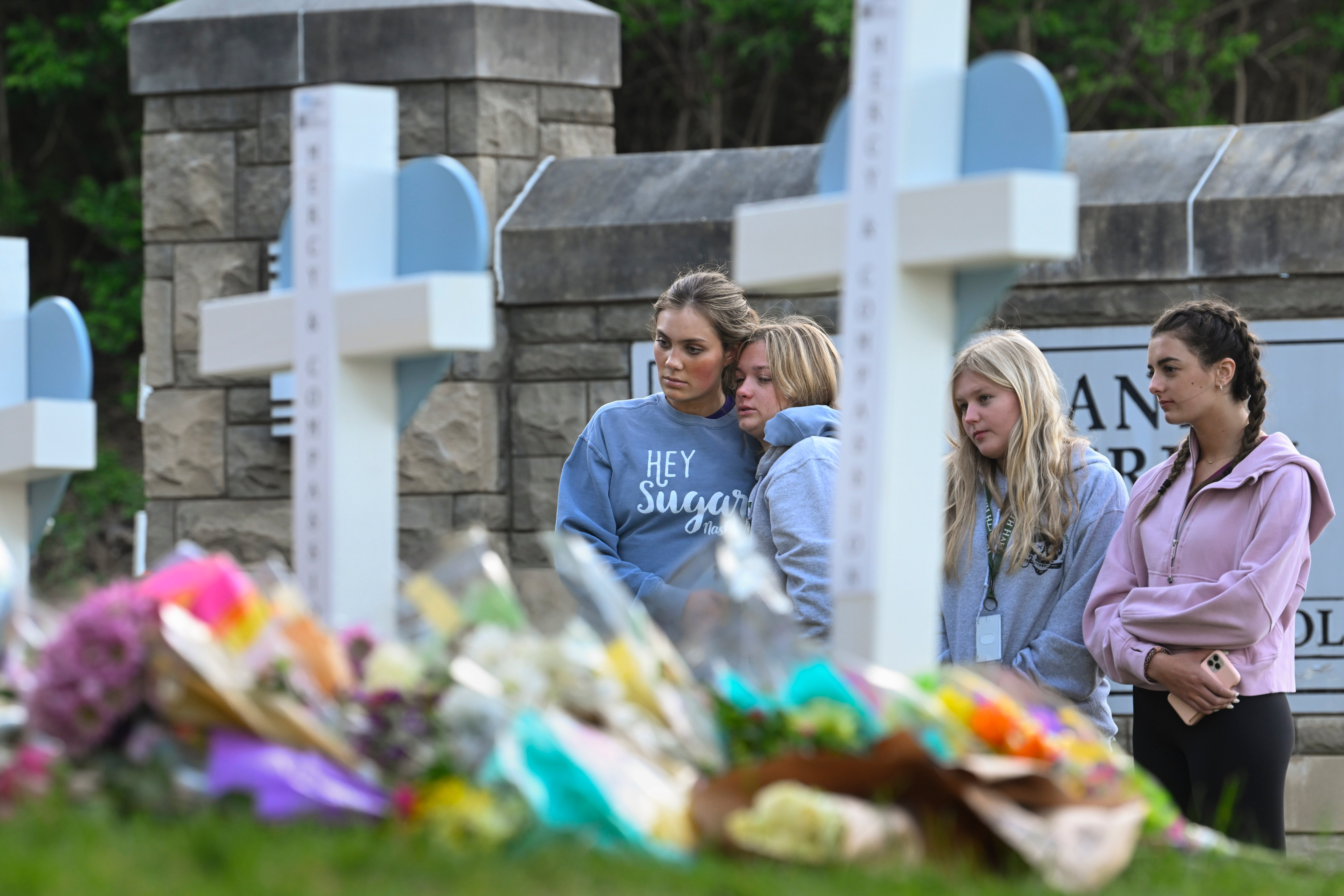
Any manifesto or writings by a shooter — such as the materials currently in question that were seized from the Nashville attacker’s home and vehicle — would fit squarely within those parameters, Mr Teves tells The Independent one day before a Tennessee judge was scheduled to make the latest ruling in the matter.
“It’s not a debate; you don’t release a manifesto,” says Mr Teves, whose son would have turned 35 next week. “What you do is, when you get it, you put it in the file, you seal the file, [if] there’s somebody [that] needs to read it for a real purpose. But you don’t put it out there to get other people killed.”
Opponents of the publication of mass shooter manifestos and other writings point to the contagion effect — essentially, when one attack begets or inspires another. No one wants to give a playbook or a purpose to a potential future perpetrator.
“It’s proven, and the people who did [the shootings] tell you that — over and over again, the one thing that connects them all, they want to be famous,” Mr Teves says of mass shooters. And again, when I say all, that’s a generalisation ... but most of them are motivated because they want to be famous. They want to go down in history. They all check on the others’ kill rates. When are we going to get it?”
Covenant School parents have outlined much of this same reasoning, writing in a brief filed last week that they “see no good that can come from the release and wish to contend that the writings — which they believe are the dangerous and harmful writings of a mentally-damaged person — should not be released at all.”
The parents explicitly mention “copycat attacks,” while a lawyer representing the majority of them called attention to another sensitive group who’d be affected by the release of writings: the surviving schoolchildren at Covenant.
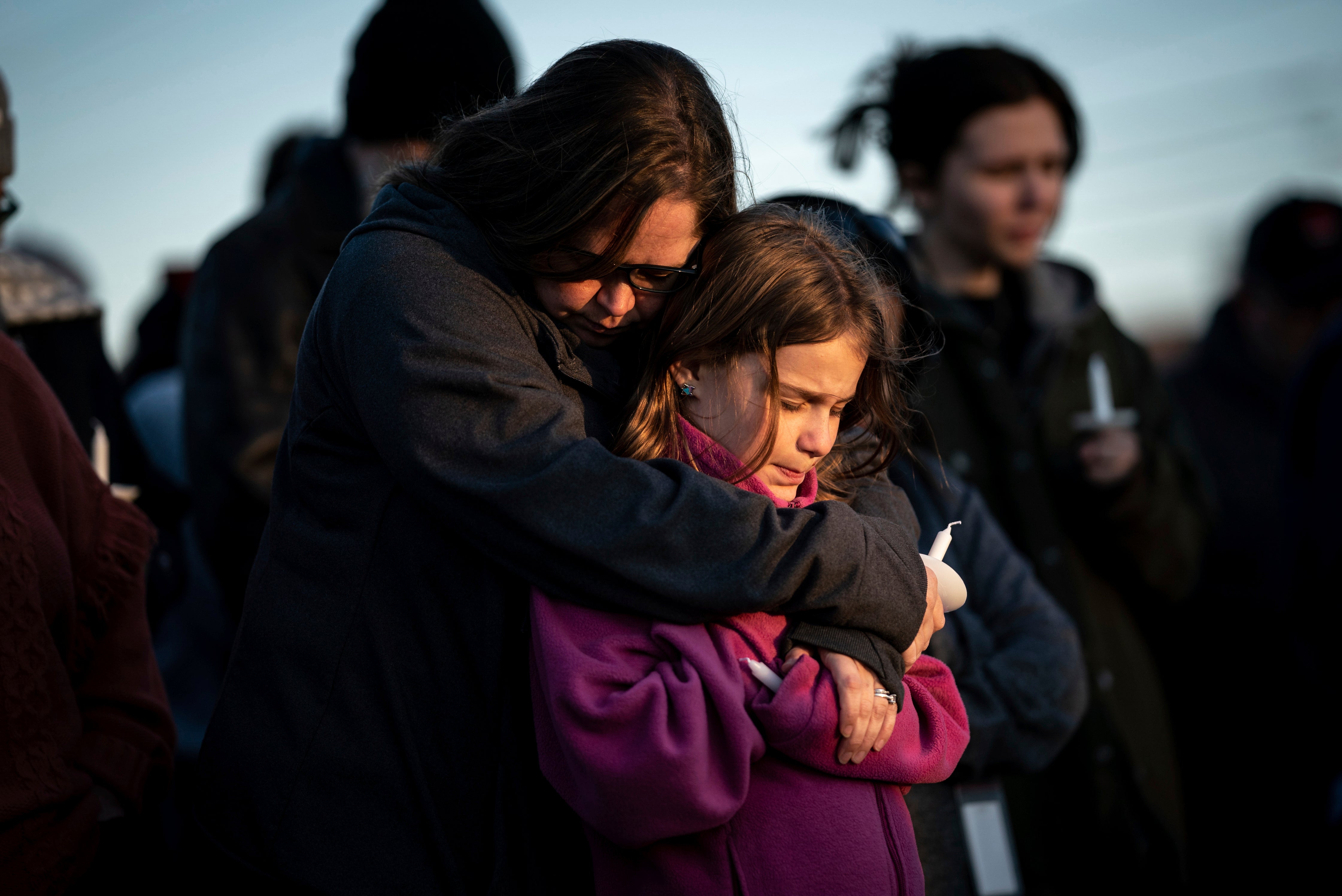
“It is such a heavy burden for them to put themselves back in the middle of all this when they are just trying to heal,” Eric G. Osborne said at a Monday court hearing. “Clearly they wouldn’t be doing this if they didn’t earnestly believe that the release of these writings were going to have very negative effects on them.”
Re-victimisation, however, has never been the main driving force for Mr Teves; rather, it’s proactive prevention.
“People talk about, ‘Well, are you worried about being re-victimised?’” he tells The Independent. “When your firstborn child is murdered for no reason — not that there’s ever a good reason for murder, but literally just for being a human being — there’s no coming back from that. You can’t make me feel worse ... My goal is to try to save your children. Mine’s already dead. I can’t save him.”
Weighing the pros and cons of the release of the Nashville shooter’s writings is a task that has fallen to Nashville Judge l’ashes Myles, who has been provided with an unredacted version of the shooter’s journal and suicide note, a city spokesman told CNN.
Judge Myles was set to rule on Wednesday (24 May) about whether Covenant parents would be allowed to intervene in lawsuit proceedings. The Covenant Presbyterian Church, which runs the school, has also sought to intervene because “the release may contain sensitive information owned by the school, such as schematics of the facilities and the confidential information of employees and students,” Fox17 reported.
At least four lawsuits have been filed in attempts to procure the writings, including by the National Police Association and Tennessee Firearms Association, which sued for access after MNPD denied records requests.
“Many believe that public access to these records is important for a number of reasons including the interest in determining the actual basis for the homicides,” the Tennessee Firearms Association said in a statement, “particularly in light of Governor Bill Lee’s call for a special legislative session to consider his gun control proposal that he has presented in the format of a ‘Red Flag’ law.”
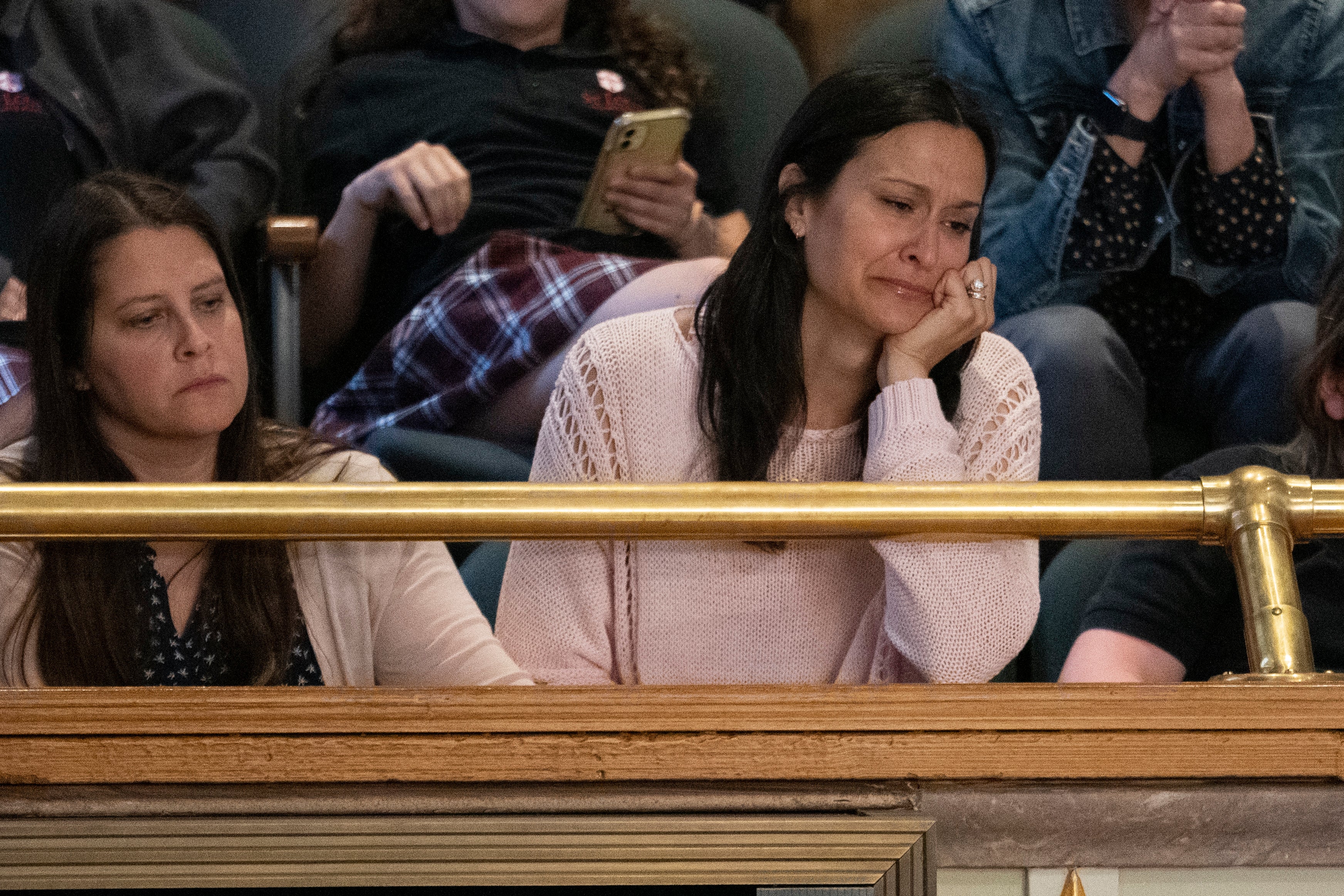
The perusal and interpretation of the shooter’s writings have, as evidenced by that statement, taken on new urgency as Tennessee lawmakers wrestle with the aftermath of the March massacre in a state with some of the most gun-friendly laws in the nation.
More than 60 members of the Tennessee House Republican Caucus have signed a letter calling for the release of of the shooter’s manifesto. Caucus Chair Rep. Jeremy Faison told the New York Post it was “incumbent on us to understand all the ins and outs of what drove” the shooter to plan the school attack and said the group did not “understand the apprehension” about the writings’ release.
The Tennessean newspaper has also sued the city for records “to bring to light additional facts regarding this incident, societal and mental health issues, and issues regarding firearms more broadly, which have not yet been revealed through other means.” According to the newspaper, MNPD denied records requests “because there is an ongoing criminal investigation, which it said in court filings concerns whether the shooter acted alone in planning the attack. Metro also pointed to rules in Tennessee public records law that exempt records for release that imperil school safety.”
The decision about whether or not to make public the rantings of a mass murderer is not a new one, nor is it a light one — but the Tennessee dilemma is complex. A show cause hearing regarding the manifesto release was scheduled for 8 June but may be postponed; Judge Myles was expected to set out a timeline on Wednesday.
University of Alabama professor Adam Lankford, who has studied mass shootings extensively, points out that various factors seem to influence whether the writings or manifestos of shooters get released — and that there’s an “inconsistent approach on these kinds of things” by authorities.
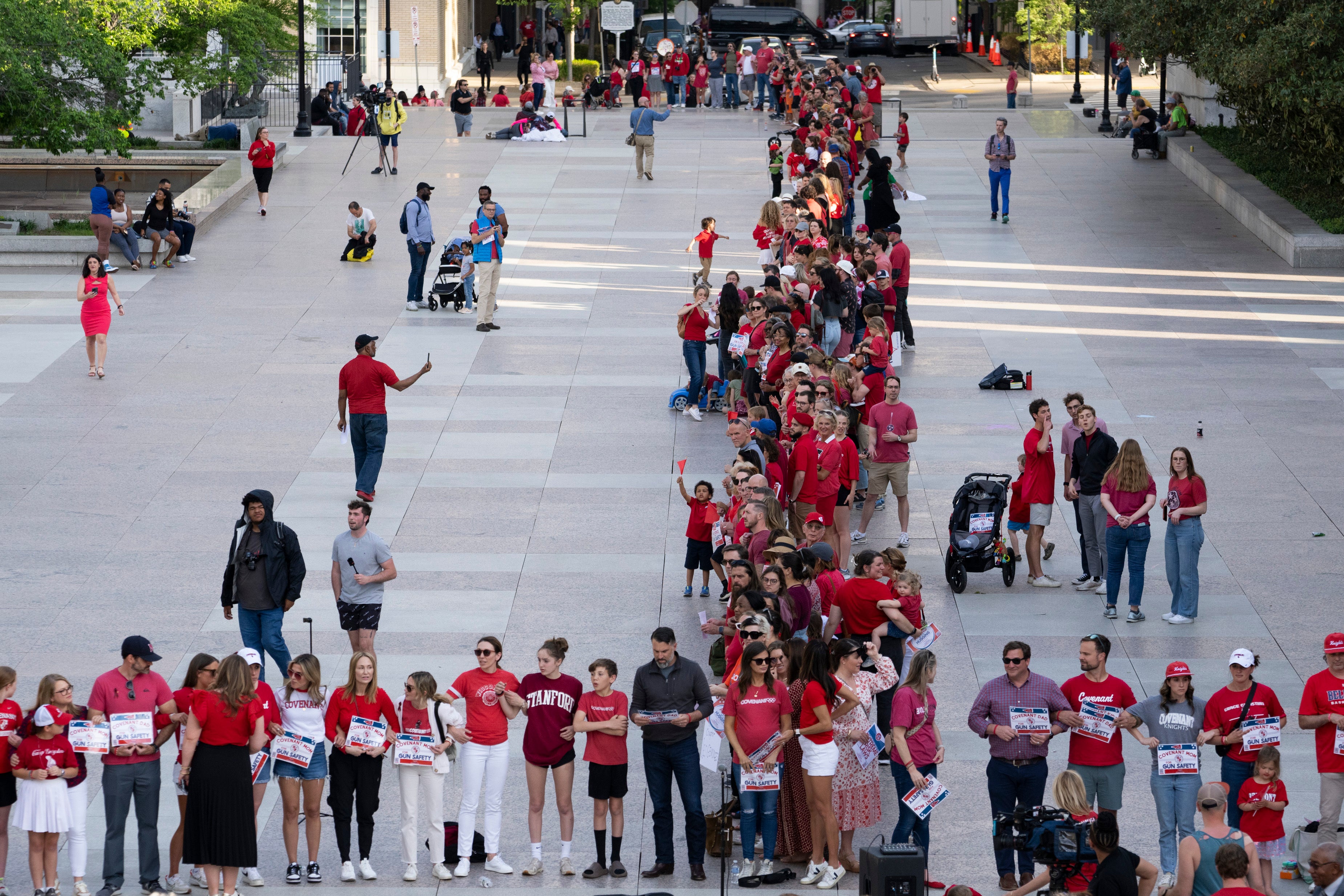
The arguments for and against release, however, usually follow the same formats.
“The information itself can inform research and analysis and, hopefully, more insight into what the perpetrator was thinking can help us better prevent these types of attacks in the future,” Mr Lankford tells The Independent. “Frankly, I just think there’s no doubt that if you say, ‘Well, you know, let’s just leave it to the government to research that’ ... It’s a very limited approach.
“Frankly, that wasn’t the approach we take to medicine,” says Mr Lankford, chair of the university’s department of criminology and criminal justice. “It’s always the more minds working on something, the better. And as a criminologist who’s done some of the leading work on mass shootings, I just recognise that there are some great government reports, FBI analyses and things like that in the United States, but there are also things that they don’t see or don’t catch. So the information itself has value for research and potentially for prevention.
“And then, I guess, also, for publishing it, there’s concerns about things like censorship. So in other words, like, there needs to be a strong argument for withholding it.”
Mr Teves and No Notoriety counter that failure to release a shooter’s writings neither constitutes censorship nor an infringement on First Amendment rights.
“We are asking for the same consideration that has been given in other areas of reporting,” the group writes on its site. “The media has already set precedent by voluntarily changing their policies when reporting on victims of sexual assault, suicide and on juveniles. We’re saying it’s time for another policy change for the sake of public safety.”
And Mr Lankford addresses that public safety argument, conceding that there are never any guarantees.
“Is it possible that there’s something in the Nashville shooter’s manifesto that would be seen as cool by people who are at risk and kind of on the fringes of society? Certainly, it’s possible,” he says. “But I guess, if it were me, I would look closely at the content. I would release it. And if there is something that seemed especially inflammatory, I would just redact that sentence or that paragraph. In other words, it’s a middle ground that still gives people the information that they want.”
From the data and his research, he says, “copycats are usually inspired by previous attackers as individuals, as personas, as personalities — not necessarily inspired by some sort of profound words of wisdom that came from previous perpetrators.”
He also points out that, while lawsuits and others profess to seek answers or explanations in the writings, there is only so much that can be gleaned.
“The concept of, ‘What was the shooter’s motive?’ is itself tremendously over simplified,” he tells The Independent. “So people are often looking for one thing, but the reality is, even if the shooter says, ‘I did it for for reason X,’ it’s more complicated than that.
“In other words, first of all, you’re assuming that someone who had committed mass murder is telling you the truth. And then you’re also assuming that the person has the degree of self-awareness to really understand the psychology that led them to that point with, with sophistication.”
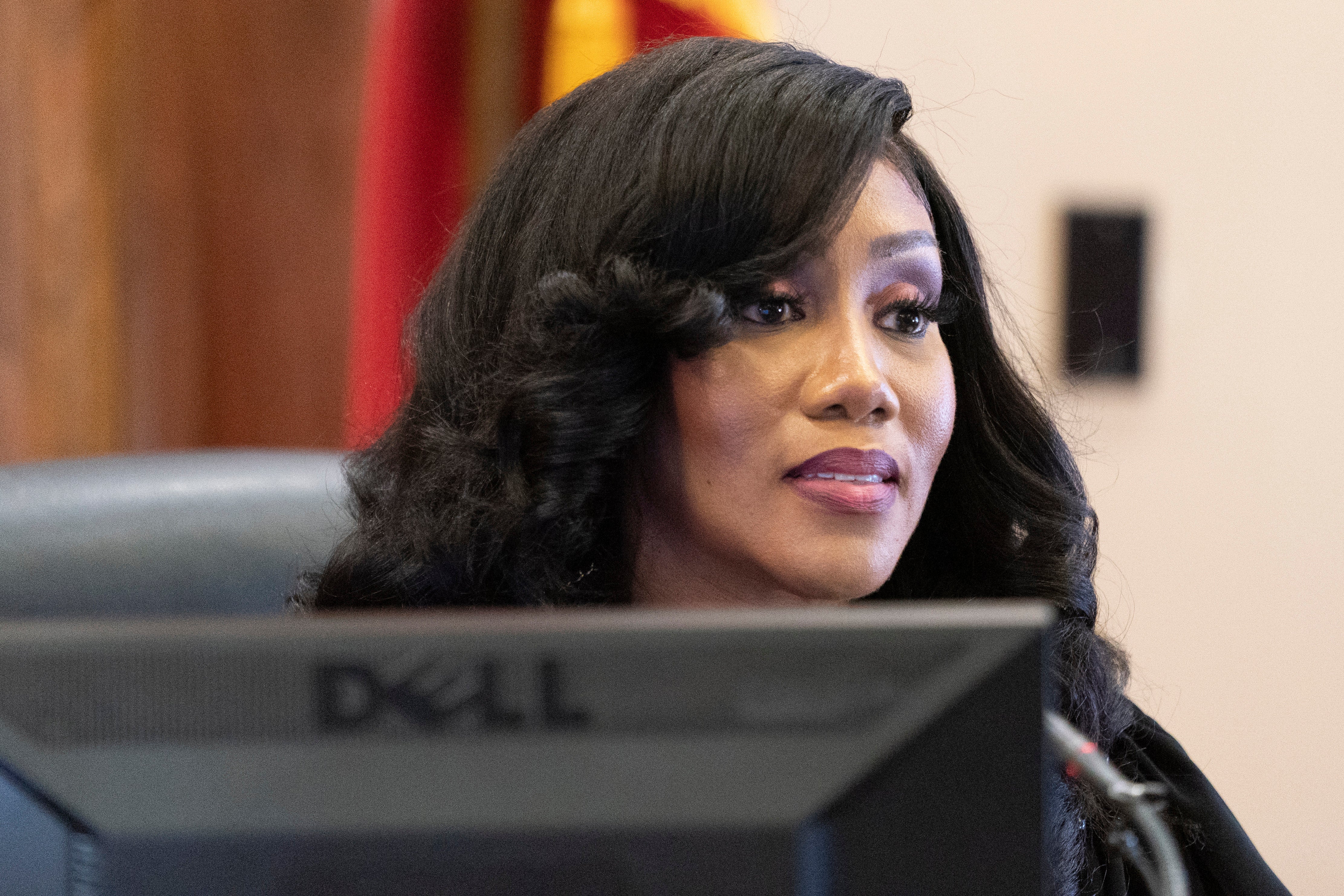
The decision in the Nashville case, at least, now rests with the courts — and with a judge weighing the benefits against the risks.
“It happens daily,” Mr Teves says of mass shootings. “When are you all gonna wake up that the child that died could be yours? When you have kids, they’re gonna go to the movies, they’re gonna go to school, hopefully they’re going to church, they’re gonna go to the mall. Tell me a place you don’t get shot at these days.”
Every day, when he walks through his Arizona garage into the hallway of his house, the pain hits him when he sees his son smiling in family photos.
“Truthfully, again, my son’s dead,” Mr Teves says, emphasising that he’s clamoring for change for the other children and other “people that want to live.”
“I’m already dead inside. That’s not going to change,” he says, adding sadly that he believes limiting information about shooters might not stop every massacre but would definitely stop a significant percentage.
“The whole, ‘An ounce of prevention is worth a pound of cure?’ It’s not that hard,” he says. “Don’t release it.”
